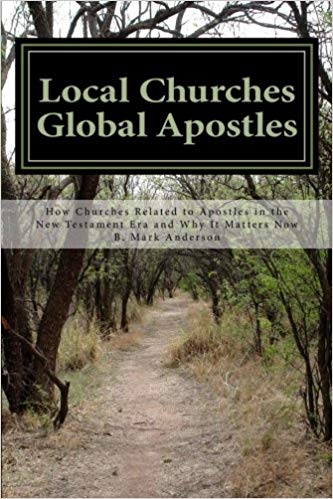The crowd of ticketed passengers was waiting at the gate for our flight from Portland to Salt Lake City. As is typical, we were avoiding eye-contact, yet all the while profiling our fellow passengers. There was the severely overweight man; I hoped not to have to squeeze into a seat by him. There were the ladies with necklines so low I would be embarrassed to have to sit next to them. There was a foreign-looking guy with scraggly hair and pants so low his belt was actually below his buttocks. I’ve never seen a man who wore his pants so low. Fortunately, he wore such a long-tailed shirt that that he was not exposed. I mused, “I think I could handle sitting next to him.”
I boarded the plane and found my assigned aisle seat, 27C. A lady came and took seat 27A by the window. Finally, just before closing the doors, the man with the low pants came and sat down beside me in 27B. He immediately fiddled with his cell phone so as to avoid any contact. After awhile I interrupted him by introducing myself. “My name is Ze,” he returned. I found out to spell his name and that he was a Pilipino from Manila. I told him my trip with my wife to Mindanao and our wonderful experiences in the Philippines.
After the plane took off I asked, “Have you received Jesus Christ into your life?” He replied affirmatively, yet so vaguely that it left me wondering. As we conversed I discovered that he was born a Roman Catholic, that he had received Christ as a child, (“a long time ago”), and that he had been divorced four years ago.
As the flight continued, I shared parts of my life and my story with Ze. He began asking questions about my life. He was very interested in our farm and what else I did. I told him I was a marriage counselor and we talked about the many benefits of marriage. He began to open up about how his marriage had fallen apart and how he had tried, without success, to keep it together. Ze knew I was interested, so he shared his life. He has a Bible (“I have many Bibles”), he reads almost daily, doesn’t go to church, and has no current job.
Near the end of the flight I asked if I could pray for him. “Sure,” came his welcome response. We had talked almost non-stop for the duration of the trip. Surprisingly, Ze was more interested in me and my life than perhaps any stranger I have ever met.
Want to make a friend? Take courage and simply ask, “Have you received Jesus Christ into your life?” I find this works for me. If you’re leading people to Christ regularly, I’d like to know how you do it.





